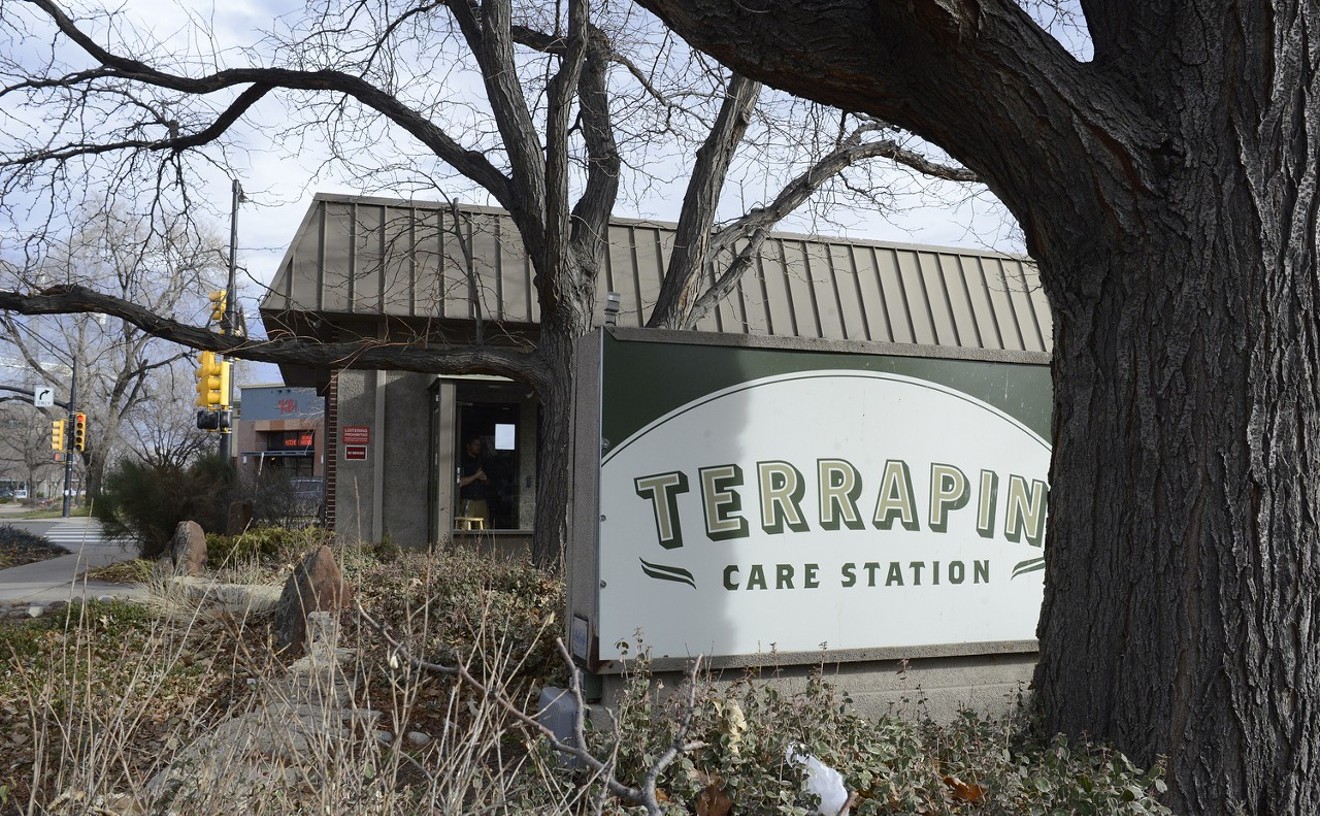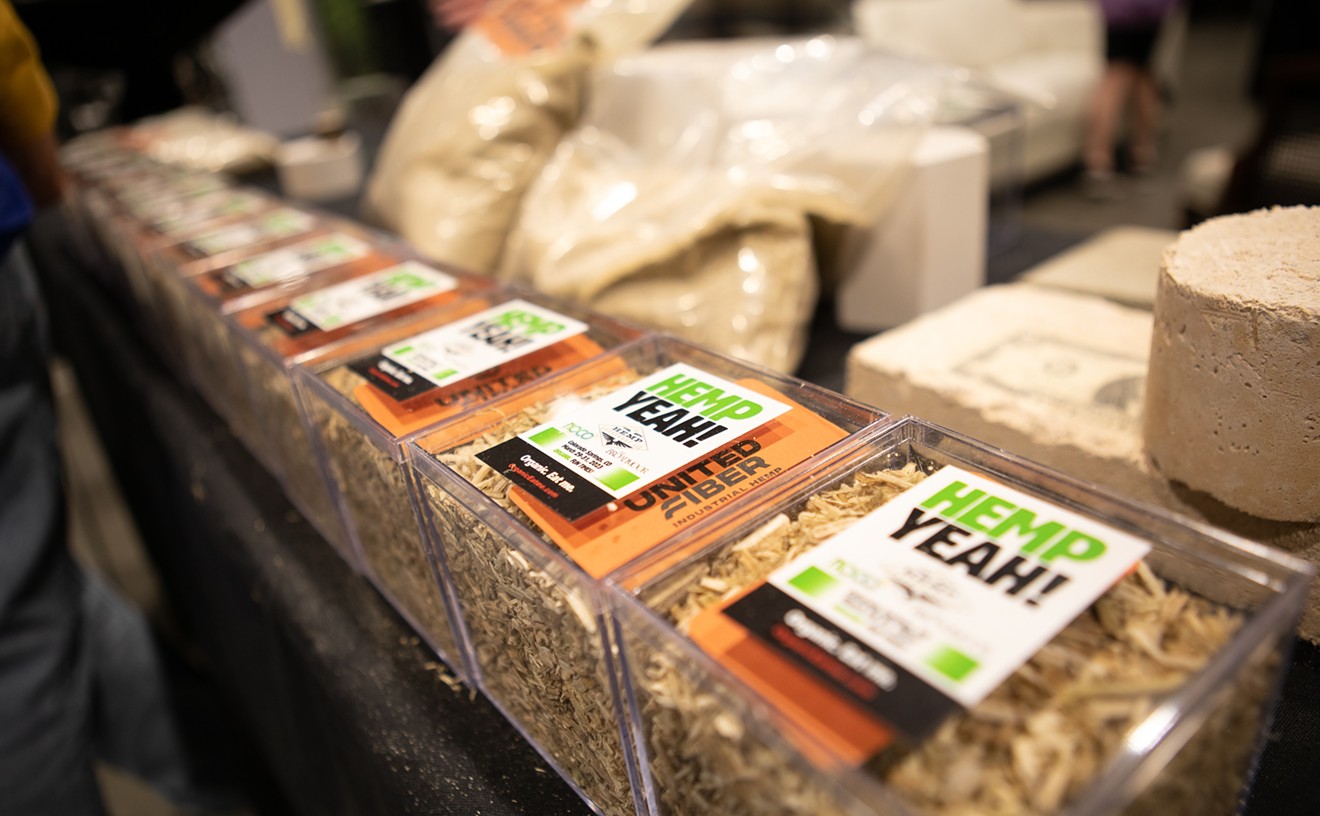Marijuana dominated at the ballot box this year. Voters in nine states voted on marijuana legalization measures yesterday: five on proposals to legalize recreational marijuana, and four on medical marijuana measures. While Arizona voters chose not to legalize recreational marijuana, California, Massachusetts and Nevada all passed recreational legalization measures (Maine is too close to call). And all of the states with an option to approve medical marijuana took it: Medical marijuana is now also legal in Arkansas, Florida, Montana and North Dakota — which means that more than half the country has approved MMJ.
Here's a summary of the results in each state:
Arizona: NO to Recreational
In 2010, Arizona became the fifteenth state to legalize medical marijuana, and the state currently has nearly 100,000 MMJ card-holders. But on Tuesday the state rejected legalization of recreational marijuana. With 82 percent of precincts reporting, the initiative was down 52.18 to 47.82, a difference of about 80,000 votes. The Legalization and Regulation of Marijuana Act (Prop. 205) would have allowed adults 21 and up to possess up to one ounce of marijuana and grow up to six marijuana plants.
Arkansas: YES to Medical
The Arkansas Medical Marijuana Amendment (Issue 6), which is projected to narrowly pass, will allow marijuana as treatment for seventeen qualifying conditions and create a Medical Marijuana Commission to implement the measure. Tax revenue will go into the general fund and help pay for technical institutes, vocational schools and workforce training. Issue 6 will also make a repeal of the law impossible.
Issue 6 passed after Issue 7, the other marijuana-centric choice, was taken off the ballot by the Arkansas Supreme Court. The court denied a reconsideration of its decision to disqualify Issue 7, even after thousands of people had already voted. Last week the court ruled that the campaign behind the measure violated state law with its policy toward paid staffers.
California: YES to Recreational
California, by itself, is one of the world's largest economies, and on November 8, the state legalized recreational marijuana with 55 percent in favor. California was the first state to legalize medical marijuana in 1996, and now, with Proposition 64, the Adult Use of Marijuana Act (AUMA) creates a taxed retail industry. Home grows are limited to six plants, and adults 21 years and older will be allowed to possess one ounce of marijuana flower, or up to eight grams of concentrates.
Florida: YES to Medical
Florida's Amendment 2 passed with 71 percent support after a medical marijuana measure lost by only 2 percent of Florida's required 60 percent in 2014. Amendment 2 allows licensed physicians to prescribe medicinal marijuana to patients with debilitating medical conditions. The Florida Department of Health will now register and regulate dispensaries and presumably will soon begin issuing identification cards to patients and caregivers.
Maine: Too Close to Call on Recreational
Maine's Marijuana Legalization Act, legalizing recreational marijuana in the state, is too close to call, but legalization was up 52.2 percent as of 1 a.m. MST November 9. The measure would allow possession of up to two and a half ounces of marijuana, as well as the possession, cultivation and transportation of up to six flowering marijuana plants. Twelve immature plants with unlimited seedlings, as well as flower produced from those plants, would be permitted at private residences. Maine was the fifth state to legalize medical marijuana, following California in 1996 and Oregon, Washington and Alaska in 1998.
Massachusetts: YES to Recreational
Massachusetts voters passed their recreational marijuana bill with 53 percent of the vote, according to initial reports. Individuals may now possess up to one ounce of marijuana and up to ten ounces in an enclosed, locked space at their residences. Six marijuana plants are allowed per person (twelve per residence), but only adults 21 and up who live in the residence would be allowed access to the marijuana grown from those plants.
Montana: YES to Medical
Montana's legalization measure was highly contentious. Proponents of the Medical Marijuana Restoration Initiative hope the bill will repair the current medical marijuana program in Montana, which was put in place by Senate Bill 423 in 2011. The initiative will repeal 423's requirement that medical providers have no more than three patients at a time. Medical users are to be allowed only three plants in their homes, and physicians would be allowed to prescribe marijuana to more than 25 patients a year.
Nevada: YES to Recreational
After passing medical marijuana in 2000, Nevada residents have now passed Question 2 with 54 percent of the vote — legalizing recreational as well. The measure allows adults 21 and up to possess, consume and cultivate marijuana and possess one ounce at a time. A 15 percent excise tax will be put toward supporting K-12 education. In addition, anyone who does not live within 25 miles of a marijuana dispensary can now legally grow up to six marijuana plants.
North Dakota: YES to Medical
With 64 percent in favor, North Dakota resoundingly passed its medical marijuana initiative, allowing medicinal use of cannabis for debilitating medical conditions. The North Dakota Medical Marijuana Initiative outlines thirteen qualifying illnesses, including cancer, Crohn's disease, epilepsy, chronic pain, PTSD and dementia. A similar measure failed to reach the ballot in 2012 when authorities determined that thousands of signatures on the petition were fraudulent.
[
{
"name": "Air - MediumRectangle - Inline Content - Mobile Display Size",
"component": "12017618",
"insertPoint": "2",
"requiredCountToDisplay": "2"
},{
"name": "Editor Picks",
"component": "17242653",
"insertPoint": "4",
"requiredCountToDisplay": "1"
},{
"name": "Inline Links",
"component": "18838239",
"insertPoint": "8th",
"startingPoint": 8,
"requiredCountToDisplay": "7",
"maxInsertions": 25
},{
"name": "Air - MediumRectangle - Combo - Inline Content",
"component": "17261320",
"insertPoint": "8th",
"startingPoint": 8,
"requiredCountToDisplay": "7",
"maxInsertions": 25
},{
"name": "Inline Links",
"component": "18838239",
"insertPoint": "8th",
"startingPoint": 12,
"requiredCountToDisplay": "11",
"maxInsertions": 25
},{
"name": "Air - Leaderboard Tower - Combo - Inline Content",
"component": "17261321",
"insertPoint": "8th",
"startingPoint": 12,
"requiredCountToDisplay": "11",
"maxInsertions": 25
}
]










